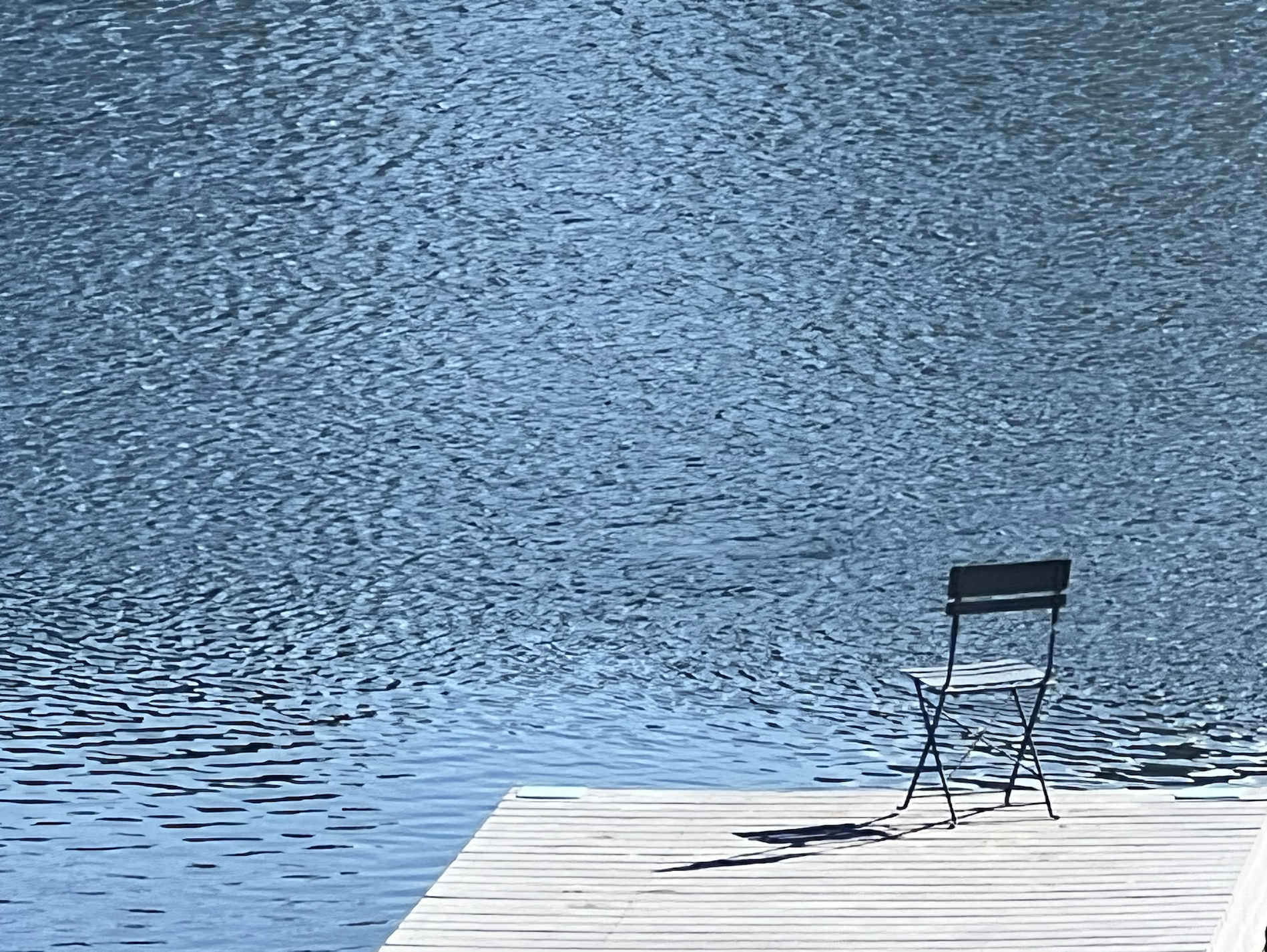I’m a fan of “it’s as simple as” statements. In particular, the ones that come after an experience or ordeal that are spoken from the gut. There are things that you can’t know before the experience. There are thoughts that can’t be sorted until there has been some settling down from our good minds. There are insights and clarity that can’t occur until one let’s go, hands to the sky (or earth if you prefer) in a kind of surrender.
It was the early 20th century American legal great, Oliver Wendell Holmes Jr. that is the source of one of the quotes that I most use when talking about simplicity. “I would not give a fig for the simplicity on this side of complexity. But I would give my life for the simplicity on the other side of complexity.” It’s the difference between reductionism that is convenient but has very little to do with accuracy (the before complexity) and the gut-check clarity that comes often with a real economy of words (the other side of complexity).
In the month of May I have helped to facilitate and host two multi-day leadership events. Both of these had 40+ participants. Both involved some good teaching, some solid interacting and befriending one another. Both involved some moments of deep dive, in which the level of voice dropped a bit in tone and speed to make way for the less-often truth-telling and simplicity that Oliver Wendell Holmes spoke of.
At both of these events, in the closing words, the last bits of gratitude spoken to those who have participated, and the tucking in of overarching narrative, I’ve found myself speaking, “Maybe it’s as simple as” statements. In one, “Maybe it is a simple as being willing to turn to one another with our stories, our good questions, and our willingness to lean in together. The rest has a way of taking care of itself.” At the other, “Maybe it’s as simple as being willing to take a journey together, to dare to be simple. Just like Hobbits (yes, I invoked a Tolkien reference), who take epic journeys to mountains to accomplish daunting tasks, with little more than their backpacks and a group of good friends.”
I have seen a pattern often that I saw in both of these events. Come together. Touch a center with one another. Then return to our respective jobs, teams, families, and communities — changed. Dwelling in learning. Long enough to feel a shared, simple belonging and imagination. Then going about our business, knowing that we can return together to touch the center again, changed by the awareness that it is perhaps as simple as turning to one another, and simple as being willing to take the journey together that makes all the difference.
